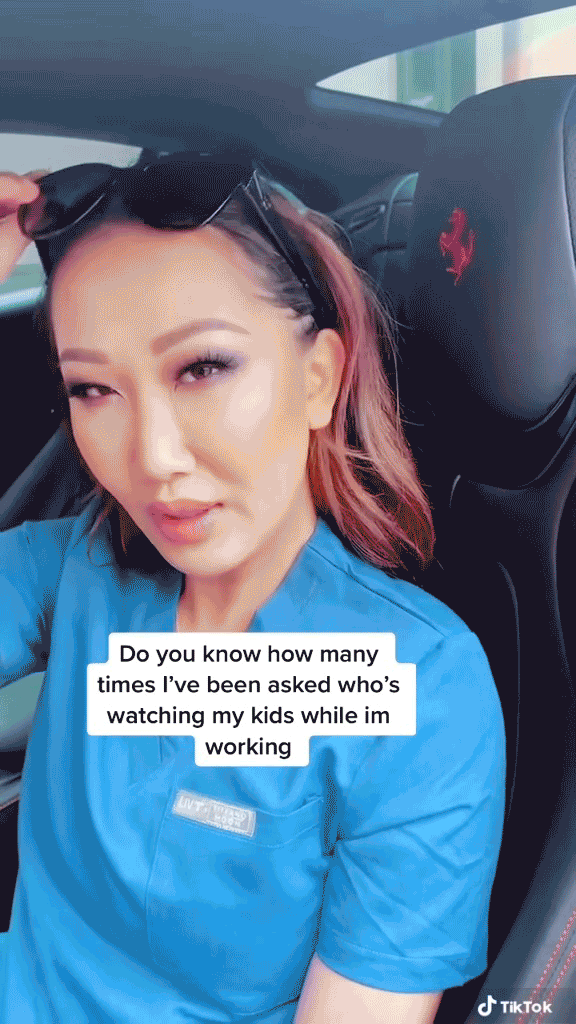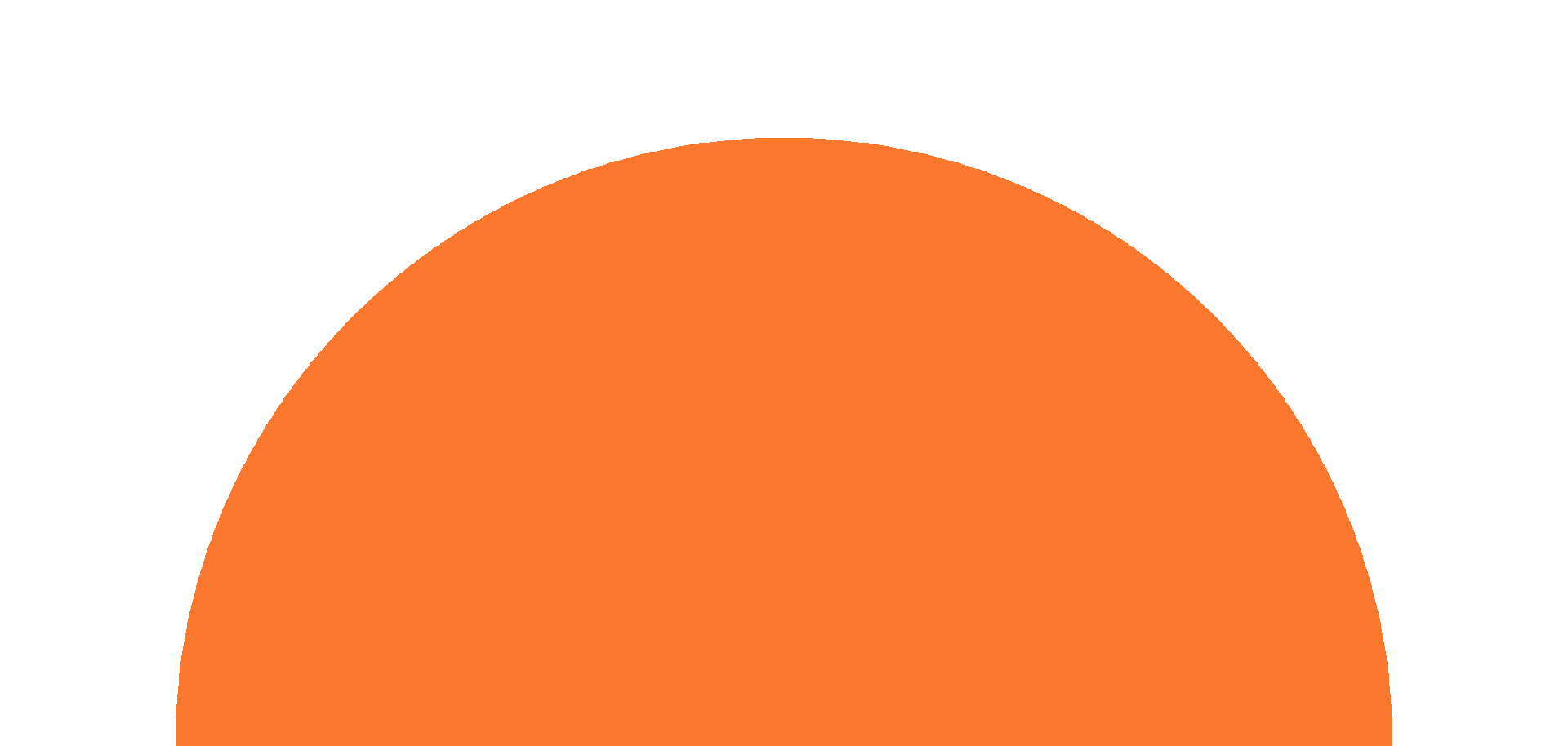
Some months into COVID and work-from-home, I was taking a meeting from my bed. I’m generally exiled to my bedroom, as my six-year-old is simultaneously schooling from home, and with four classes per day, sometimes hours apart, her non-class time is spent spread out playing in the common areas while listening to kids’ podcasts. On that day, while I was speaking in the meeting, my child wandered into my room, grinning, with green marker all over her face, eyelids, lips, and neck. It was a new bead on a string of parent-life and work-life collisions that now happen regularly.
I sighed and kept speaking.
I can’t complain. In all, she is a joy and an easy kid. She’s generally happy, I can mostly figure out what she needs, ands she has a rich imagination she can occupy herself with.
But when I first began working from home, I was suffering from COVID. Living in the Pacific Northwest, I was an early case; too early for testing, and when antibody tests came out, too far past infection to measure for those. But doctors noted my inability to draw anything but shallow breath, as well as a decreased blood oxygen level, severe lethargy, fatigue, muscle weakness, kidney pain, blinding chronic migraines, confusion, sinus difficulties, and inability to smell, and they concluded I was an extreme case. Still suffering, in the same way, six months later, I was diagnosed as a long-hauler.
At this time last March, I also experienced grief over the fact that I could no longer work how I used to. The number of plates I could spin reduced by a third to half depending on the day or week—sometimes more. Thankfully, I wasn’t alone in this regard at work, and my colleagues supported me. But there is no adjustment to an unsustainable reality. While I was trying to get “ahead” by making dinner for us during lunch, walking the dog, and reading to my child all within an hour, I wasn’t registering that intense productivity at all. I was erasing it, concentrating only on what I wasn’t doing. And somehow, through illness, I kept working and parenting full time. During the worst months, I often had to call a friend to come make dinner and play with my child because I couldn’t stand up or lift my arms.
Still, I could recline with a computer on my lap, weak arms propped on pillows. And though I was completing task after task at work by computing when my child was asleep and before waking, I dismissed the value in it. All I could see is where I was falling down. Like so many, I couldn’t keep the house clean like I did before. I couldn’t find time to recenter myself or feel like anything but a brain at a computer and a parent trying to meet needs, day after day. It was hard to find any personal meaning or value in the haze of chronic productivity.
“One thing that has saved me is TikTok. Really.”
“One thing that has saved me is TikTok. Really.”
As the months dripped by, that haze and that constant feeling—the feeling that I was never close to the waterline, let alone above it—became totally blurred by a smear of work and life enmeshment. My computer was always open. I was constantly monitoring what was happening and ready for an extra 15 minutes of work whenever I could manage. My health finally picked up a bit in summer, but I immediately did too much in an attempt to catch up to some imaginary bar I had set for myself, and my health went into a tailspin again in autumn.
In this cloud and always sitting on the brink, the ways I thought about myself and reflected on my life evolved at a crawl. One thing that has saved me and served as a mirror, aside from amazing friends, is TikTok.
Yes, TikTok.
In March of 2020 I found myself cranking through story after story on TikTok—not only content creators doing clever dances and creating happy trends, but moms working from home, trying to do everything, feeling like no matter what they were failing, always dressed in yesterday’s sweats; juggling a kid, a phone, a computer, laundry, snacks, a dog, dishes. And yet, still knowing what shoe size their kid was in and when they would need to upgrade, still setting up and getting their kids to doctor appointments, still reading parenting books, still working with their kids to build their emotional IQs and help them through quarantine, still sending out birthday cards, still scheduling virtual playdates, still making holidays special for children.
One day a friend listened to me as I cried recounting all the ways in which I felt like I was failing and how at sea I felt floating among it all, and very far from the fulfilling creative projects I had abandoned. She reminded me that I was measuring myself through an impossible lens, a lens solely focused on productivity, and one that says nothing about the quality of a person, their soul, their evolution, their growth or development. It struck me in that second, as though my head knew that—that the target always moves, and enough is never enough—but my heart was late to the integration.

Over on my beloved TikTok, other people—and especially moms—are starting to connect that messaging too. People are raising the idea of a four-day workweek, for example, or more vacation time, more time self-development, more time for being filled up as a person. These sorts of changes could transform the world, the habits, and the model our children inherit for the better.
It’s curious to see this connection and mental shift, which looks like a collective realization—one that has shaped in the wake of feeling like we are chronically falling short, because maybe, probably, it isn’t us. Maybe it’s the untenable expectations to be perfectly ideal parents and chronically productive, all of the time. Those expectations don’t serve us in our current reality—nor, likely, our future.
“We are continually told that we are the flaw. That if we just got up a half-hour earlier, read those books, watched a certain webinar, stopped buying avocado toast…”
“We are continually told that we are the flaw. That if we just got up a half-hour earlier, read those books, watched a certain webinar, stopped buying avocado toast…”
My brother-in-law is a Deputy Chief in the Fire Department of a major city. He’s second in line, managing city catastrophes and hearing FEMA’s plans, thinking, and processes during national and local cataclysms. He has always maintained our country is two simultaneous disasters away from total fallout. After this last year, it’s clear most of our lives are like that too. We’re so chronically taxed, racing, wildly chasing mechanical hares, stretching for brass rings that are purposely unattainable, that when stresses pile on, we are in a state of shock and dither or overcompensation and performative busy-ness until we swallow the knot in our throat and have the courage to realize: it isn’t us falling down, it isn’t us that’s failing.
We are continually told by media, blogs, influencers, that we are the flaw. That if we just got up a half-hour earlier, read those books, watched a certain webinar, stopped buying avocado toast, and so on endlessly, that then, and only then, would we be deemed “highly-functioning.” This mode of mentality erases everything else we do, and the places where we have soul-worth; worth for ourselves outside of external validation, which might be meaningful, or not. It inhibits our ability to be real people who come into union with ourselves and our personal sense of curiosity and interests; people who are free to revel in hobbies, who have regular and sustained joy for joy’s sake, who are sparked by wonder and throw themselves into exploration.
Work can, of course, fulfill us, but not totally, and parenting can fill us up, but not all the way. We need our hands in the earth, planting and tending, or our minds creating open-ended paths for projects, exploring ideas, stringing together our own words, or wondering, or woodworking, or reading, or resting, or programming something just for the joy and exploration that feeds us alone.
“Work can fulfill us, but not totally, and parenting can fill us up, but not all the way.”
“Work can fulfill us, but not totally, and parenting can fill us up, but not all the way.”
This moment has unfolded as an opportunity to reimagine our whole world. We can spend more time on what we love, even if it doesn’t have a measurable impact of some kind—especially if it doesn’t. We can make the work-at-all-costs attitude a relic of the “Before Times.” We have a singular chance to create a foundation and show our communities, children, and loved ones what it means to keep growing, evolving, and developing, modeling curiosity and depth that we can portray and share.
I hope we sustain and retain the idea to let go of telling each other what we do, and start finding out who we want to be and are becoming, outside of productivity, far outside of what is measurable; wonder for wonder’s sake.
This last year has vibrantly reflected so many absurdities and traps of output-at-all-costs, and thankfully connected my head to my heart in this regard, altering not only my own measurements for success, wholeness, and worth, but that of many others, and I hope that understanding is something that becomes highly communicable… in a good way.




